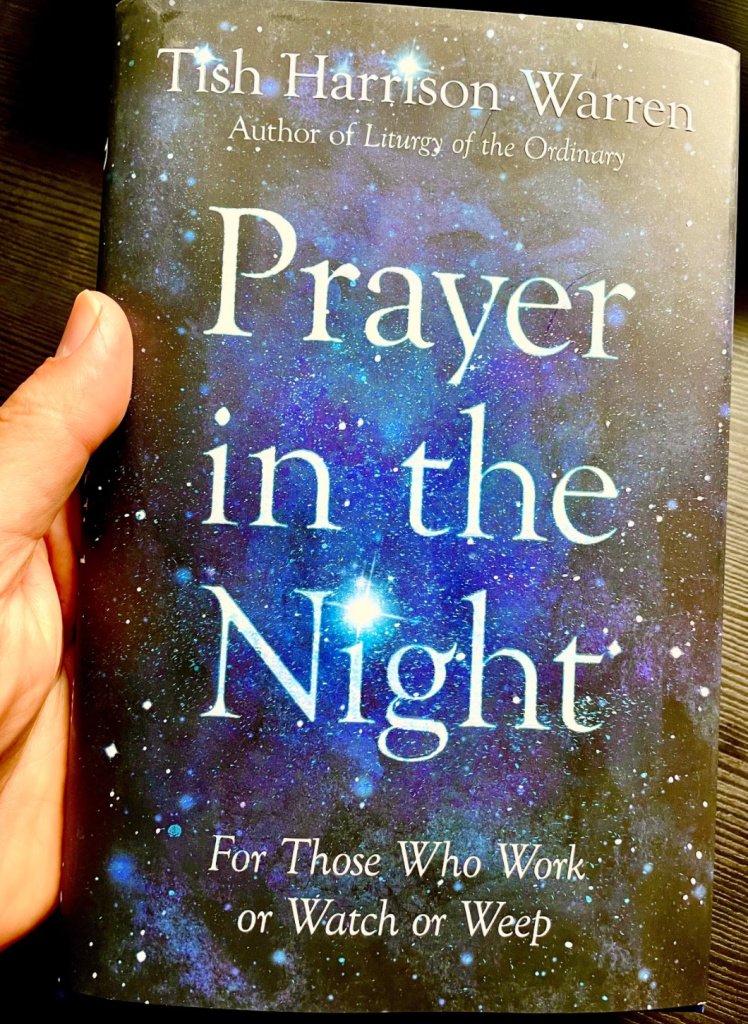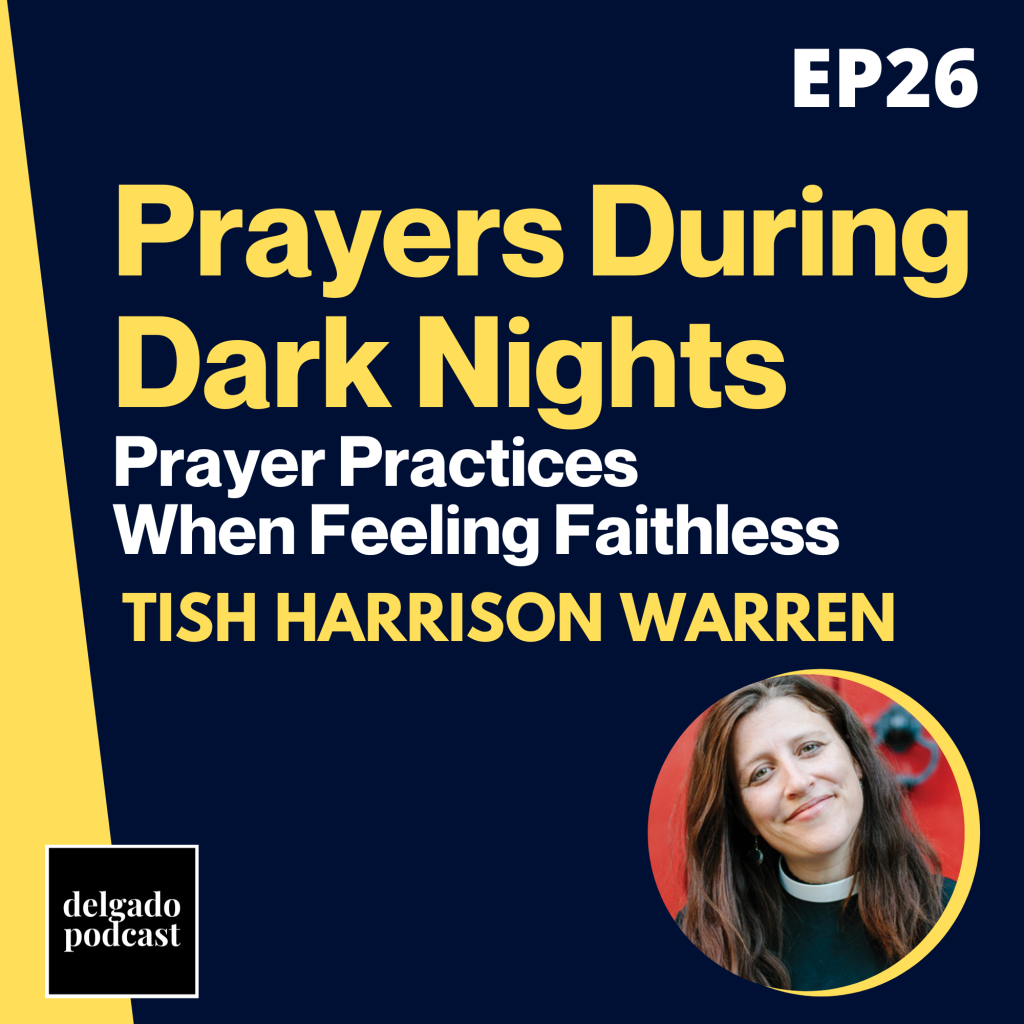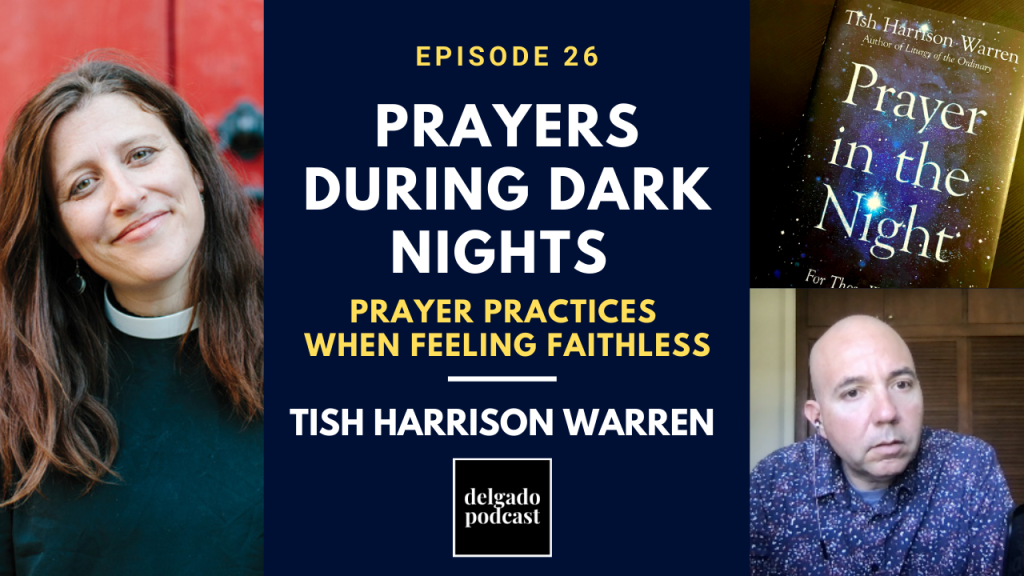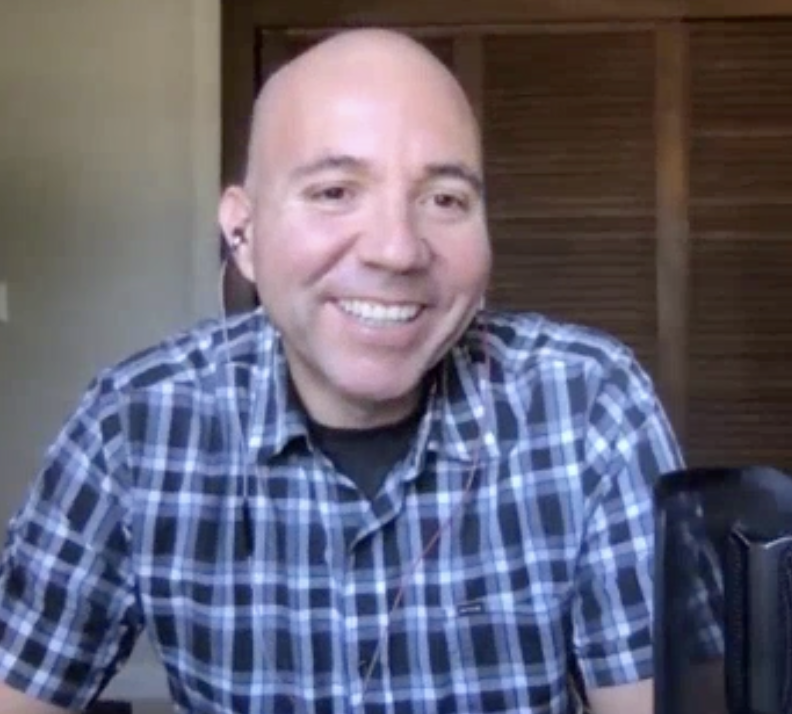 It’s been a tragic and painful year for many of us.
It’s been a tragic and painful year for many of us.
We’re watching a suffering world in the midst of a global pandemic, while also seeing the increased visibility of violence, discrimination and hate towards Black, Indigenous and people of color.
And, most recently, we’ve been witnessing increased violence toward our Asian communities, which has disproportionately hurt Asian women and elders.
It’s a troubling and sad reminder of the many systemic sins in our society, and that we (the Christian church) have a responsibility to be actively involved in the healing process.
As a quick reminder, we discussed ways for Christians to get involved in racial justice and care for our Asian American communities with Dr. Russell Jeung, co-founder of Stop AAPI Hate, in episode 21.
In the midst of all the pain and tragedy around us, it can be very difficult to pray.
Sadly, it’s much easier for me to get angry and resentful, rather than moved to silence before God. It’s a sinful struggle for me, which results in prolonging my own pain and sadness.
So how do we pray when in pain?
Well, I have found much-needed spiritual insights on how to pray during dark and difficult seasons from the writings of Reverend Tish Harrison Warren.
Reverend Warren is the author of the book entitled “Prayer in the Night: For Those Who Work or Watch or Weep” — and she addresses ways to pray when we’re grieving, lamenting or angry at God.
It’s a helpful and honest book on ways to navigate our darkest seasons. Those times when we doubt. Those times when we feel uncared for by God. Those times when we’re angry, overwhelmed with grief, and possibly even feeling hopeless.
Tish Harrison Warren teaches us how to pray through sharing her personal stories of deep pain and traumatic experiences. She honestly discusses her personal feelings during these periods, along with the struggle of needing to be a priest, comforter and spiritual director for others. This book is an inside look at how a spiritual leader copes with pain and trauma, and filled with practical insights to help guide us during our own dark seasons.
Her book helped me in many ways and helped me realize how sitting in silence before God (and just mourning and grieving) can be a type of prayer, wherein the Spirit makes intercession for us when we can’t find the words.
In today’s podcast, Tish Harrison Warren talks with us about ways to build a prayer practice, how to pray when feeling faithless or angry at God, she shares strategies for praying silently, why it’s beneficial to pray liturgical prayers and psalms, as well as a discussion of the compline prayer and how it can shape our prayer life.
You can subscribe or download this episode on iTunes, Spotify, Google Podcasts or Stitcher. You can also subscribe to the video series on YouTube.
You can listen (or download) the complete podcast here:
Here are some video clips from our conversation:
- • Developing a prayer practice
- • Silent prayer practices
- • Praying when hurting (and not feeling close to God)
- • Psalms to read when feeling faithless
- • How repetitive (or liturgical) prayers help us
- • How prayer shapes us
- • Compline prayer
- • Theodicy
You can catch the full video conversation on prayer during dark nights here.
Tish Harrison Warren
Tish Harrison Warren is a priest in the Anglican Church in North America. She has worked in ministry settings for over a decade as a campus minister with InterVarsity Graduate and Faculty Ministries, as an associate rector, with addicts and those in poverty through various churches and non-profit organizations, and, most recently, as the writer-in-residence at Church of the Ascension in Pittsburgh, Pennsylvania.
Warren is also the author of Liturgy of the Ordinary: Sacred Practices in Everyday Life, which was Christianity Today’s 2018 Book of the Year.
Her articles and essays have appeared in the New York Times, Religion News Service, Christianity Today, Comment Magazine, The Point, and elsewhere. She is a founding member of The Pelican Project and a Senior Fellow with the Trinity Forum. She lives with her husband and three children in Pittsburgh, Pennsylvania.

 You can Check out the full list of podcasts dealing with spirituality and social justice here.
You can Check out the full list of podcasts dealing with spirituality and social justice here.

